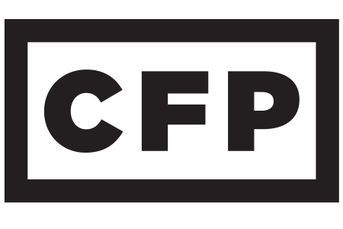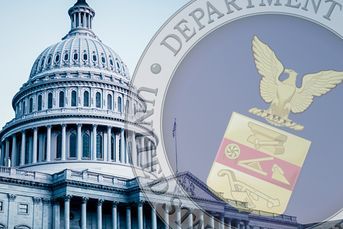Designations matter to your clients

Bottom line: Even if all those credentials are confusing, you need to earn them
It is not uncommon these days to hear certain corners of the financial advice industry tout their fiduciary status as a major appeal among clients and potential clients.
But the truth is, most consumers and many current clients are still finding their way through the dust that was kicked up by years of work on and legal battles around the Department of Labor’s fiduciary rule. Even some financial professionals got lost in the weeds of what was really at stake.
Debate over the higher standard for advice in retirement accounts may not have magically pulled back the curtain and enabled consumers to have perfect vision through the morass of when an adviser is or might not be acting in their best interest. But all the ruckus might have at least triggered a new awareness among consumers that one adviser isn’t identical to another.
For example, as InvestmentNews reported last week, consumers are increasingly drawn to financial advisers who have earned some type of credential or professional designation.
The problem is, many can’t make heads or tails of a list of letters behind an adviser’s name that seemingly look important.
And who can blame the public for being a little confused and disengaged?
The Financial Industry Regulatory Authority Inc. lists 184 designations on its website, ranging from accredited adviser in insurance to wealth management specialist. Those sound like perfectly respectable credentials, as do global financial steward, master certified estate planner and qualified financial planner, which are also part of the Finra collection.
The research on adviser designations from the Gies School of Business at the University of Illinois Urbana-Champaign showed that consumers will pay more for advice from a financial professional who has some designations.
Most consumers of financial advice might be behind the curve of what it means to have one credential over another or what it means to be a true fiduciary, but the awareness is gaining steam.
And even if those around the fringes of the industry aren’t helping matters by pouring out an alphabet soup of credentials, consumers are increasingly recognizing there are levels of advice to be had.
The takeaway for financial advisers is to earn those credentials. The good kind. And then be ready to explain your fiduciary status, because that’s the next thing consumers will figure out.
Learn more about reprints and licensing for this article.








